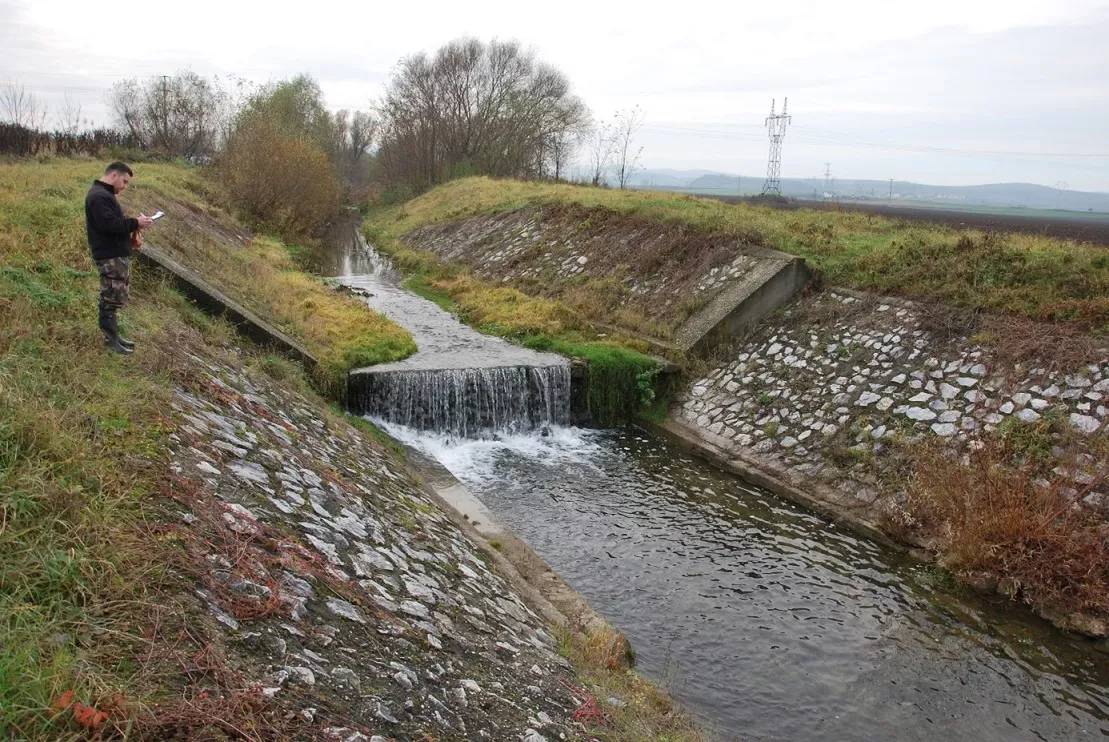"From meta-system theory to the sustainable management of rivers in the Anthropocene", a paper written by international co-authors including Tibor Erős, Director of the ELKH Balaton Limnological Research Institute (BLKI), has been published in one of the world's most prestigious environmental science journals, Frontiers in Ecology and the Environment. In order to improve the habitat conditions of watercourses, the researchers argue in their paper that, in addition to the characteristics of a given habitat and the interactions of the species living there, regional-level processes are also vital for the survival of species and communities.
Relative to their global size, watercourses make an outstanding contribution to biodiversity at landscape, regional and continental levels. They play an important role in bio-geochemical cycles and also provide ecosystem services that are essential for maintaining human well-being, such as drinking water supply, food production, climate and water regulation.
"Rivers worldwide are increasingly being degraded by human activity and are now among the most threatened ecosystems on Earth. Despite a variety of local interventions to protect biodiversity and the use of traditional water quality indices to classify the natural status of rivers, the ecological status of watercourses is on a global downward trend and their biodiversity is rapidly declining. This global trend requires a more effective water management strategy and regulatory environment. This is the only way to ensure the sustainable use of rivers in the future, i.e. the conservation of biodiversity in addition to the ecosystem services they provide", says Tibor Erős.
In recent decades, our understanding of the spatial and temporal organization of river systems and their communities has improved significantly. Research has revealed that, in addition to the characteristics of a given habitat and the interactions of the species living there, regional-level processes such as population migration are also vital to the survival of a species or community. Most of the assessment methods and restoration interventions currently used for habitat protection are, however, aimed at conserving and maintaining local conditions, ignoring the importance of the landscape context and large-scale regional processes.
"Many restoration interventions are being carried out around the world to improve habitat conditions in watercourses. Hundreds of meters of water sections are repaired at considerable cost, but often without taking into account whether or not, for example, populations that have been wiped out by previous pollution have the conditions for resettling. Similarly, in many cases, dams are removed in order to ensure the migration of fish stocks, without taking into account the location of barriers limiting migration at more distant points of the watercourse network", Tibor Erős says, explaining the importance of the practical application of meta-system theory with a simple example. "It is therefore crucial to think not only at local level, but also at the scale of river basins when planning water management interventions to increase their effectiveness. By using the indices proposed in the paper, we can more effectively assess the status of populations and the regional-scale diversity of communities, and also better identify the areas that are most important for biodiversity conservation," the researcher stresses.
